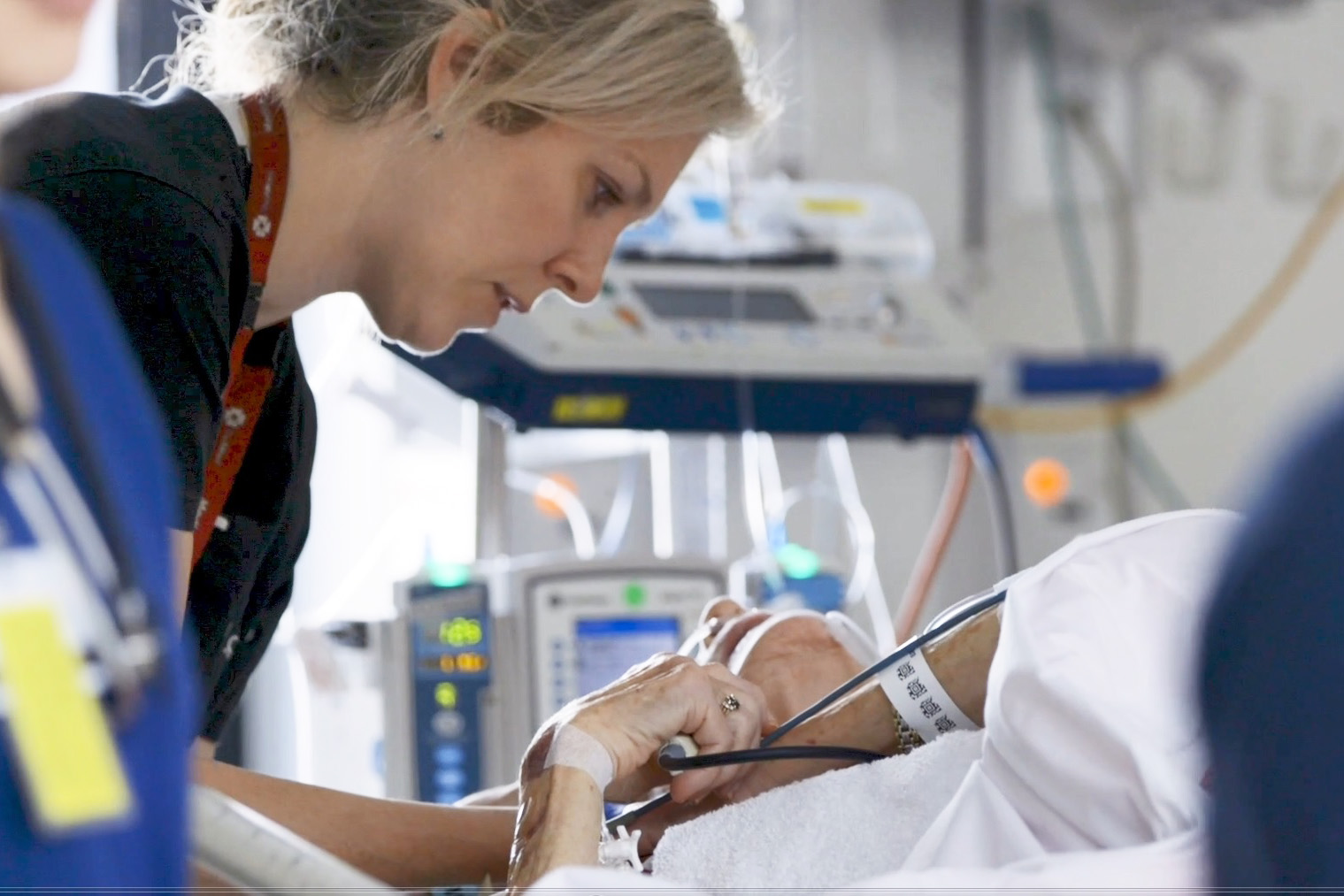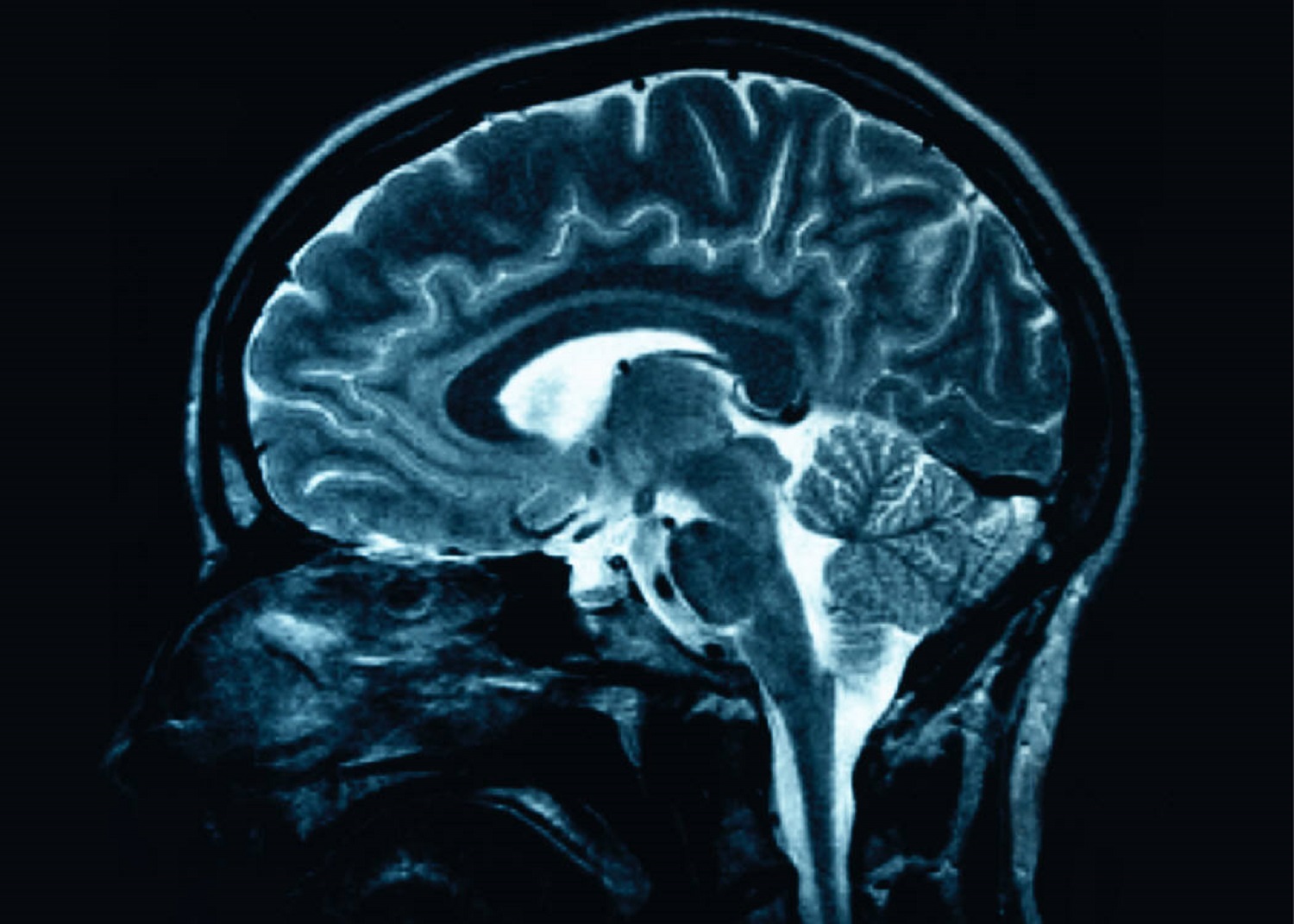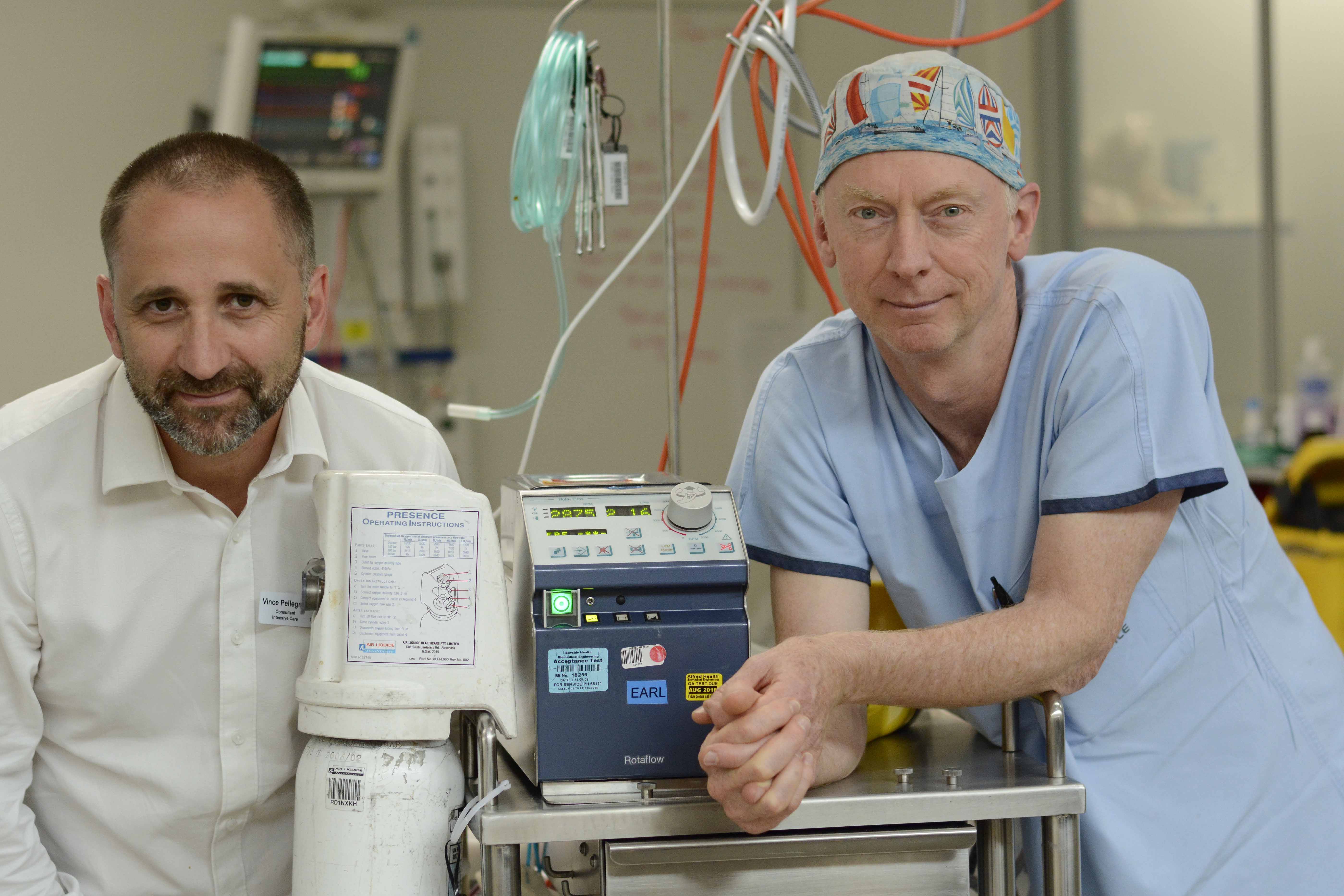
An ICU for all Victorians
More critically ill and injured patients are being cared for - and more lives saved - in The Alfred’s 45-bed intensive care unit than ever before as the hospital marks 10 years since the modern facility opened its doors.
ICU director, A/Prof Steve McGloughlin said The Alfred is the only hospital in Victoria to have an ICU specialist on-site 24 hours a day, seven days a week.
“We want our patients to have the same care they would receive at 2am on a Sunday as they would mid-morning on a Wednesday," A/Prof McGloughlin said.
Home to statewide services including major trauma, heart and lung transplantation, burns and hyperbaric medicine, The Alfred’s ICU is for all Victorians – with patients from across the State and beyond arriving via air and road for this specialist care.
“Our specialist care has enabled our staff to develop skills in certain areas and save patients that in the past may not have made it."
Since The Alfred ICU was expanded and redeveloped, numbers have increased significantly. Around 2,800 complex and critically unwell people were admitted in the last year - around 1000 more than a decade ago.
The unit runs at capacity on most days of the year, meaning on any given day, there are 45 patients, and their loved ones, whose lives have suddenly changed.
Assistant nurse unit manager, Padraig Keogh, has worked in the ICU for nine years and says even though the job is challenging, he enjoys working with a passionate team.
“We look after very sick people - and their family members - who find themselves in very difficult circumstances. It’s a privilege to be part of that journey,” Mr Keogh said.
Since the $25 million redevelopment and expansion, more than 24,000 of the State’s sickest patients have received leading care following car accidents, falls, assaults, burns or those battling acute illness.
Funding for the 2008-completed redevelopment and expansion came from the Victorian Government ($20.2 million), as well as philanthropic support from many individuals and organisations including a significant donation from Lindsay and Paula Fox and family. The dedicated Fox Family Trauma Wing in the unit was named in recognition of their gift.

